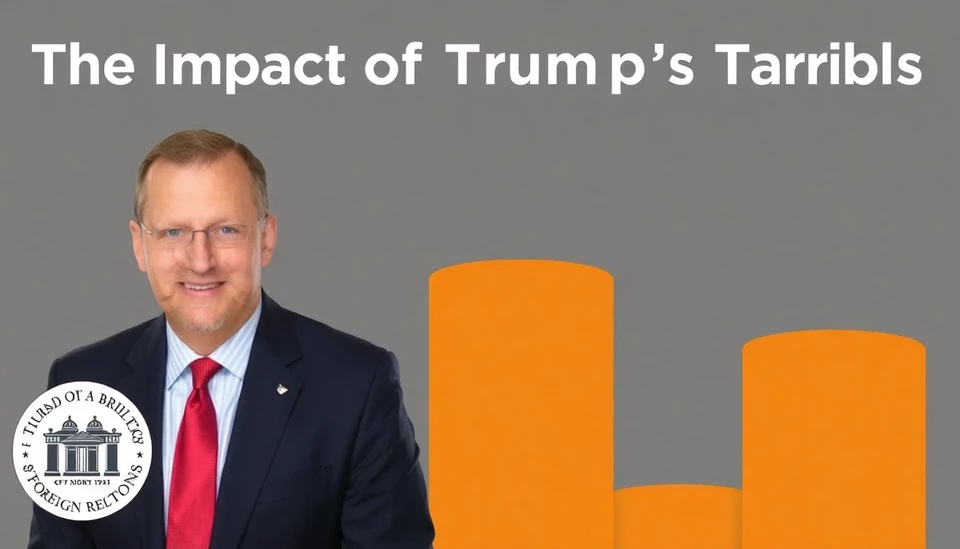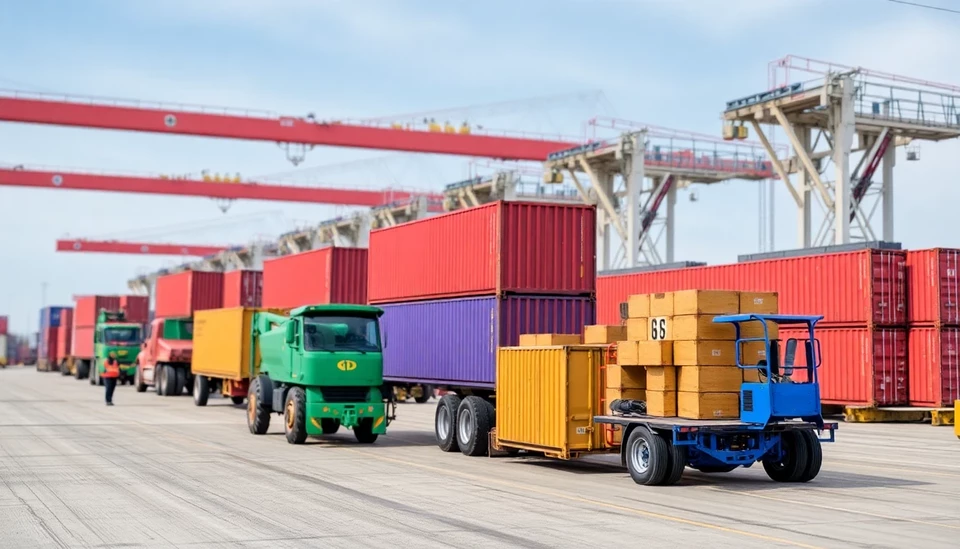
In recent discussions around the economic landscape shaped by the previous administration, Brad Setser from the Council on Foreign Relations has weighed in on the long-term repercussions of the tariffs imposed by former President Donald Trump. These tariffs, initially designed to protect American industries by imposing taxes on imports, have had a mixed record—intended to revive local manufacturing while inadvertently leading to increased consumer costs and strained trade relationships.
According to Setser, the toll of these tariffs is evident in both the macroeconomic data and the everyday experiences of American consumers. The measures, which affected a wide range of goods, created an environment of uncertainty in the trade sector. Hence, while the tariffs were framed as a means to strengthen the economy, they have instead led to complexities that challenge the very essence of free trade principles.
Setser points out that the tariffs have shifted the landscape of international trade, prompting countries to rethink their trade policies in retaliation. As a result, the tariffs instituted during Trump's tenure have not only influenced domestic production shifts but have also resulted in retaliatory measures by affected nations that led to a deterioration in diplomatic and economic relations.
Another significant concern raised by Setser is the impact of these tariffs on U.S. consumers. With higher taxes on imported goods, prices have escalated, forcing Americans to pay more for everyday items. The initial intention to bolster U.S. manufacturing came with the unintended consequence of burdening consumers, as many have turned to domestic products that have also experienced price hikes. Setser emphasizes the need for policymakers to consider these aspects when evaluating the effectiveness and necessity of such tariffs.
As the geopolitical landscape continues to evolve, Setser advocates for a reassessment of the tariff policies that have been set. He suggests that a more nuanced approach to trade could help regain the lost ground and rebuild relationships that are essential for a thriving economy. The need for collaboration and dialogue over confrontational trade practices is paramount to navigating the complexities that lie ahead.
In conclusion, Brad Setser’s insights serve as a reminder of the intricate balance required in trade policy. While tariffs may have been implemented with specific goals in mind, the broader implications on consumers, trade relations, and economic stability cannot be overlooked. As the U.S. moves forward, understanding the lessons learned from this period may be crucial for shaping a strategy that encourages both domestic growth and international cooperation.
#TradePolicy #Tariffs #Economy #BradSetser #CFR #USTrade #TrumpAdministration #InternationalRelations
Author: Daniel Foster




